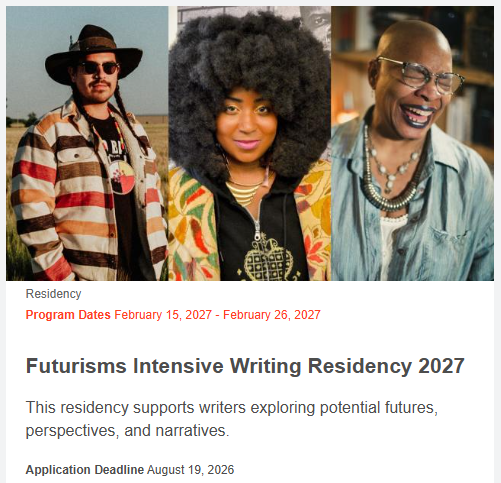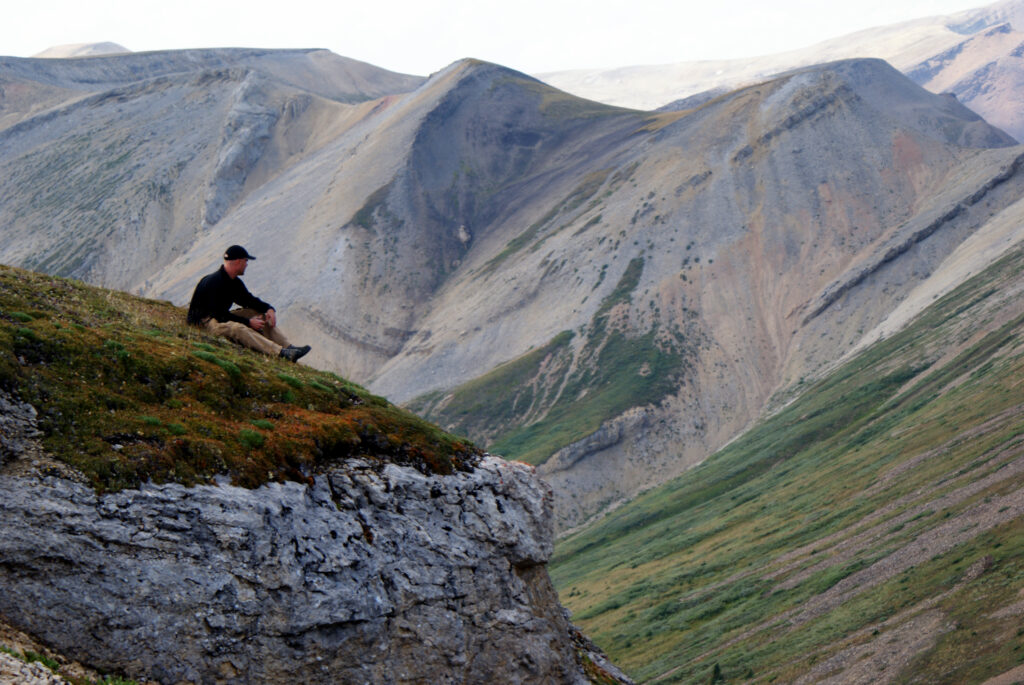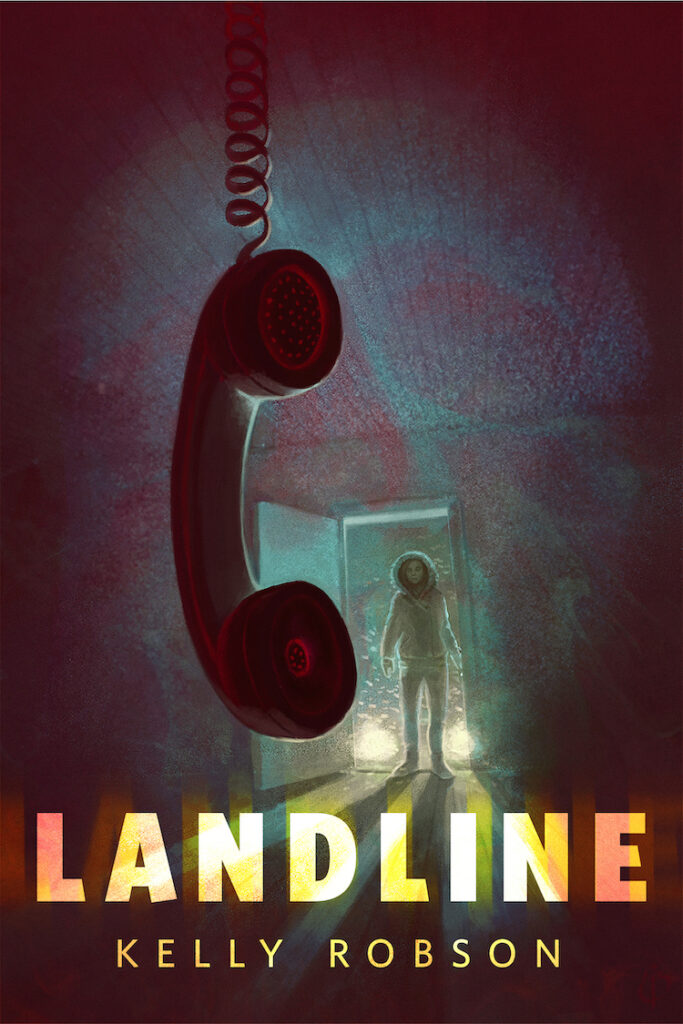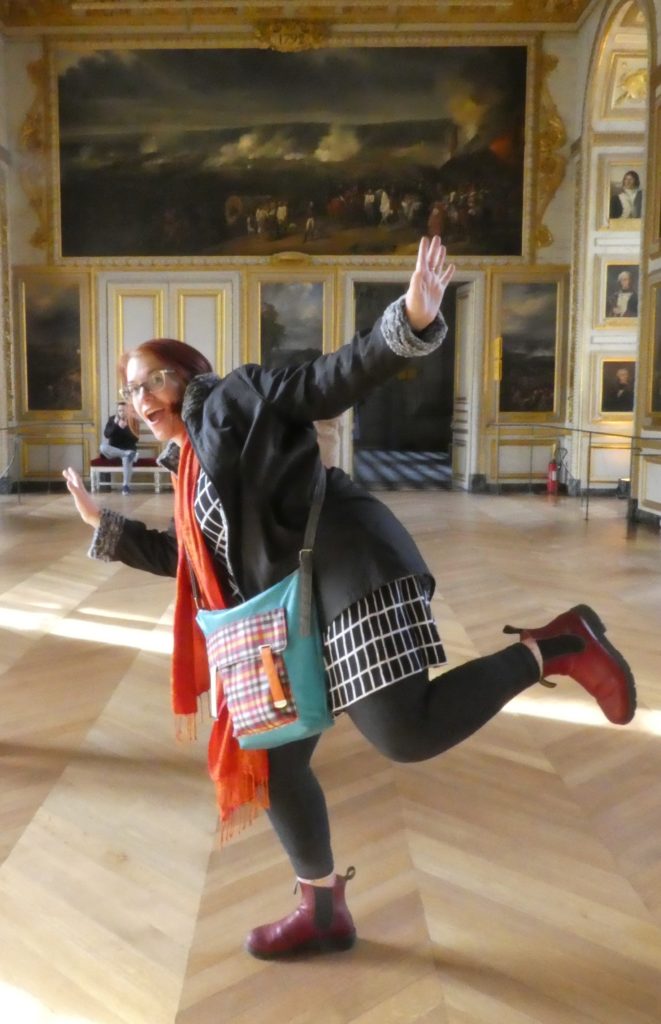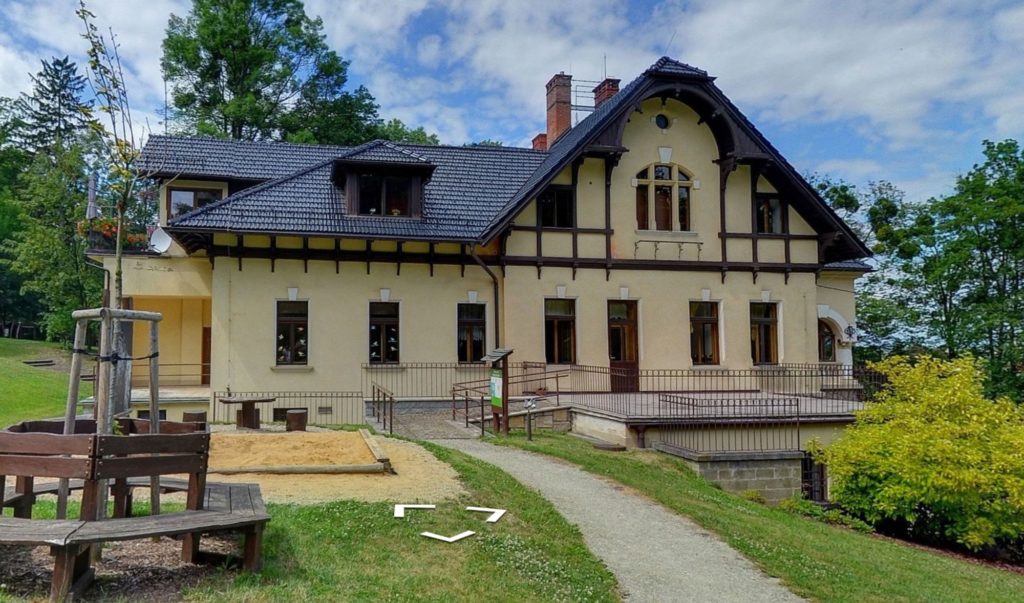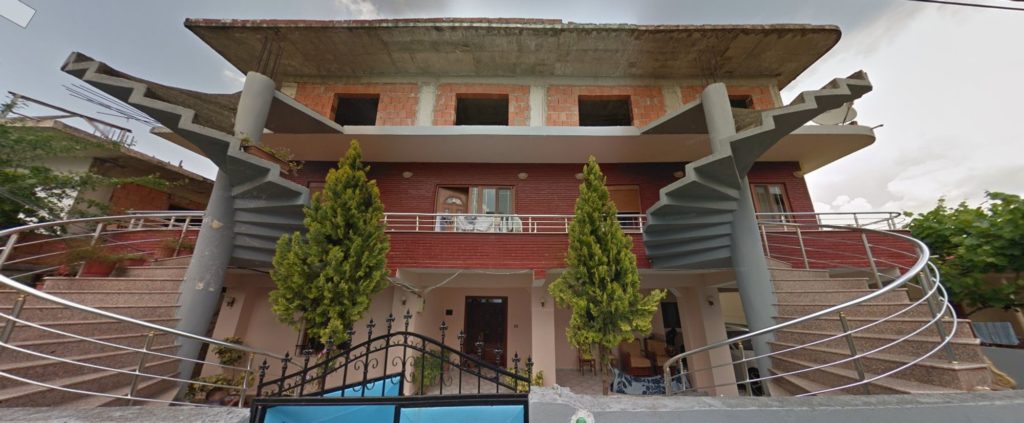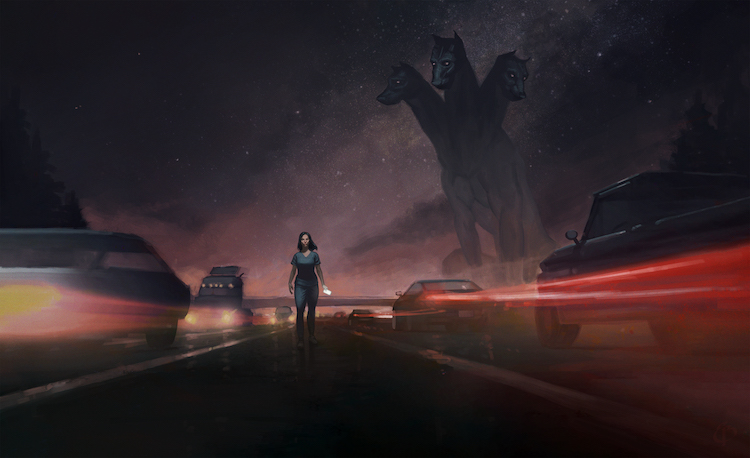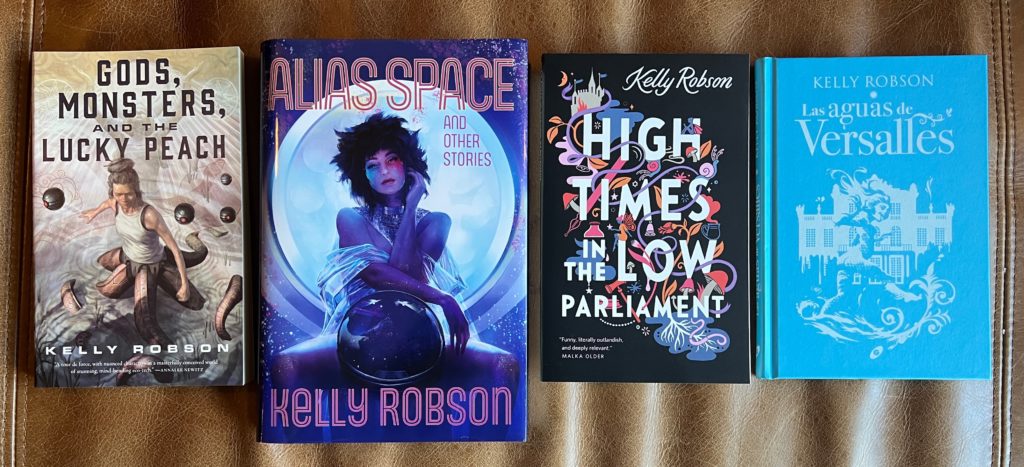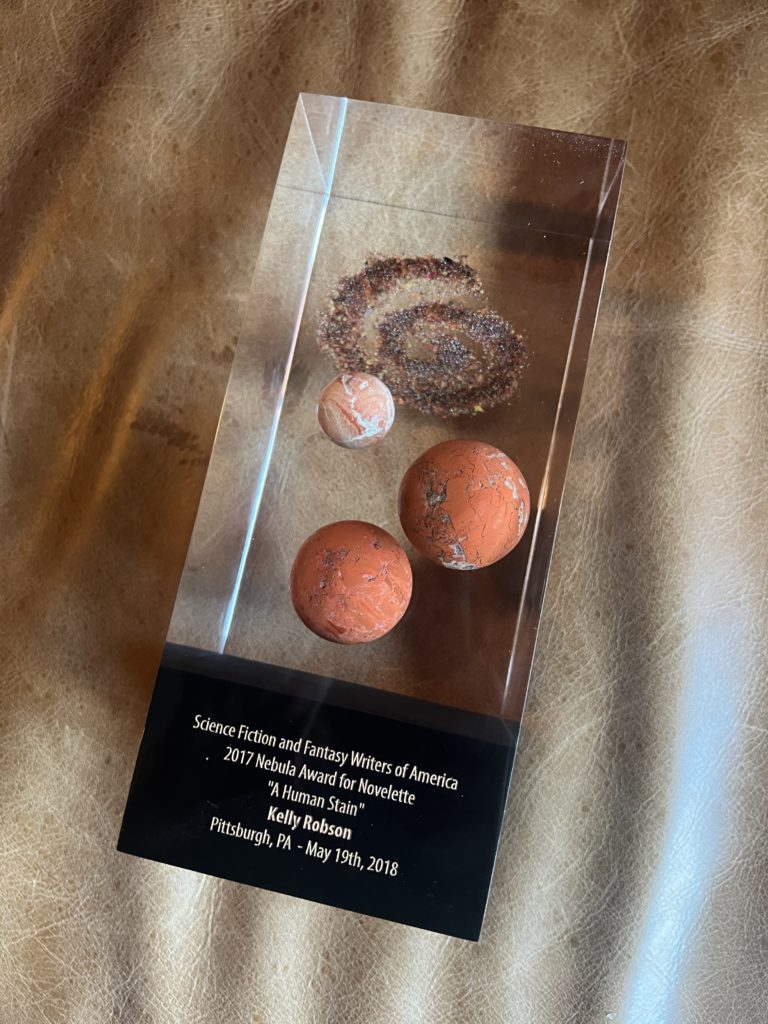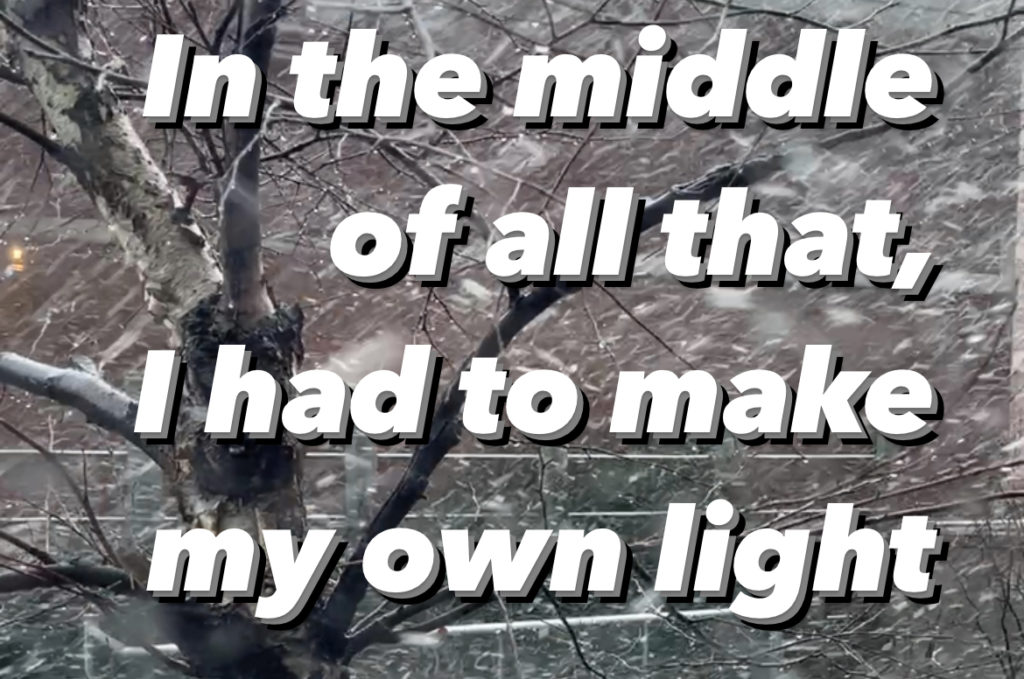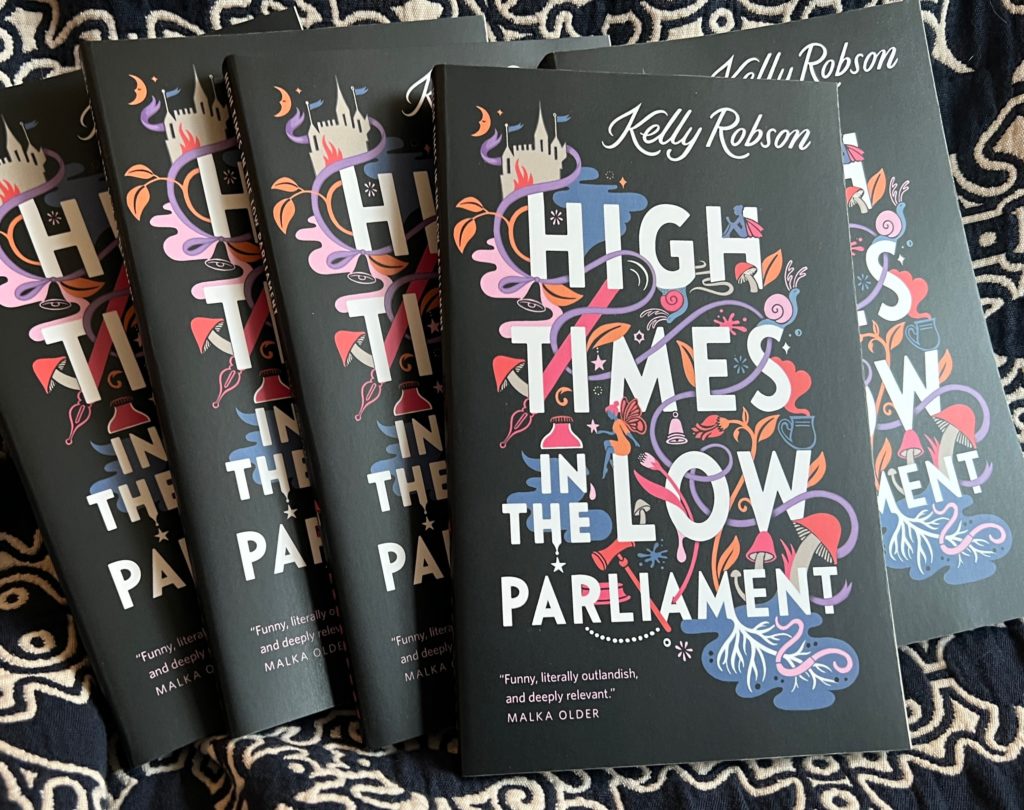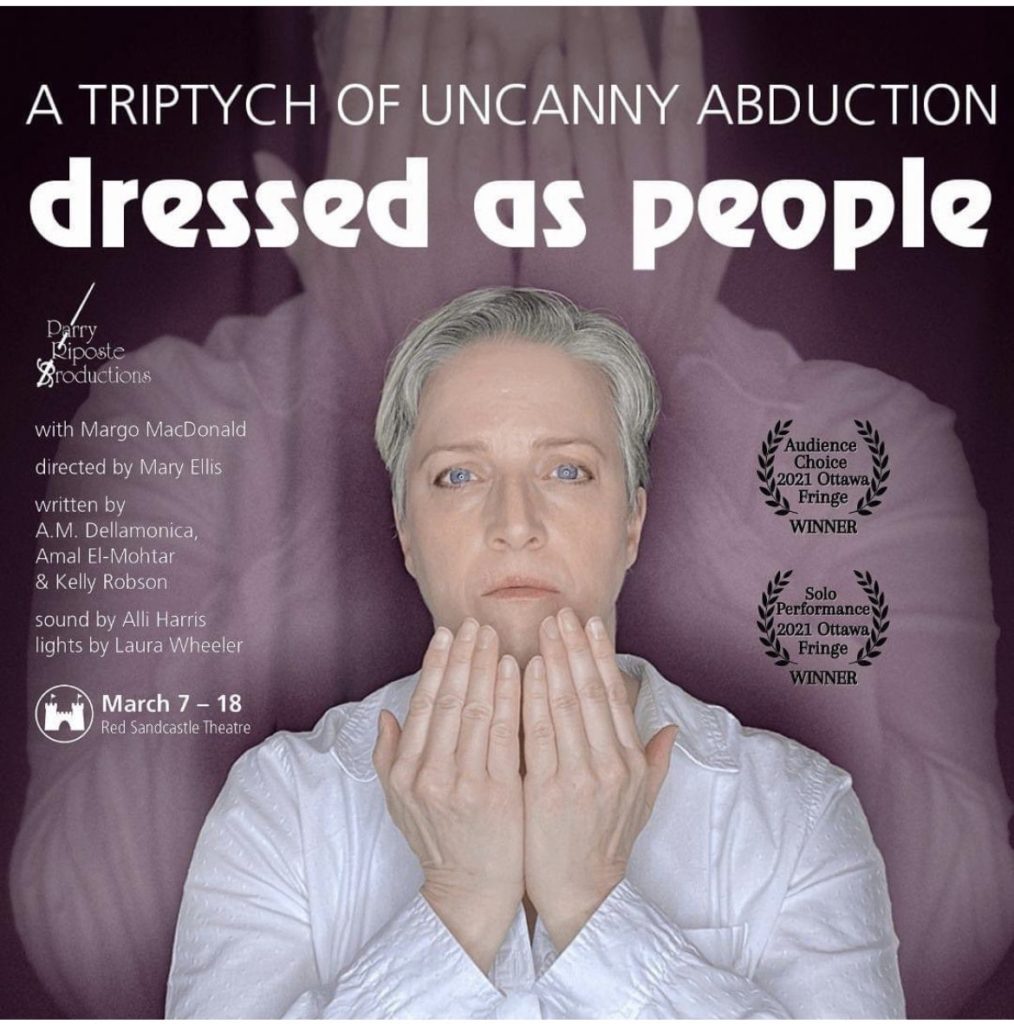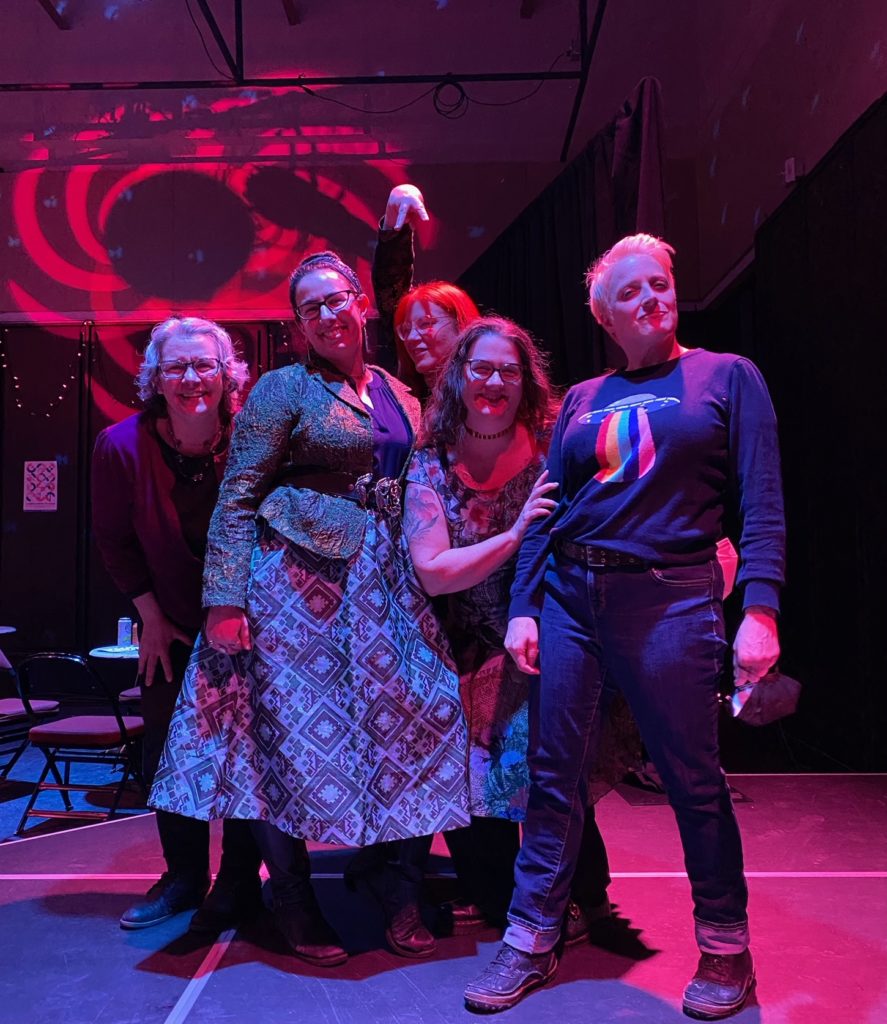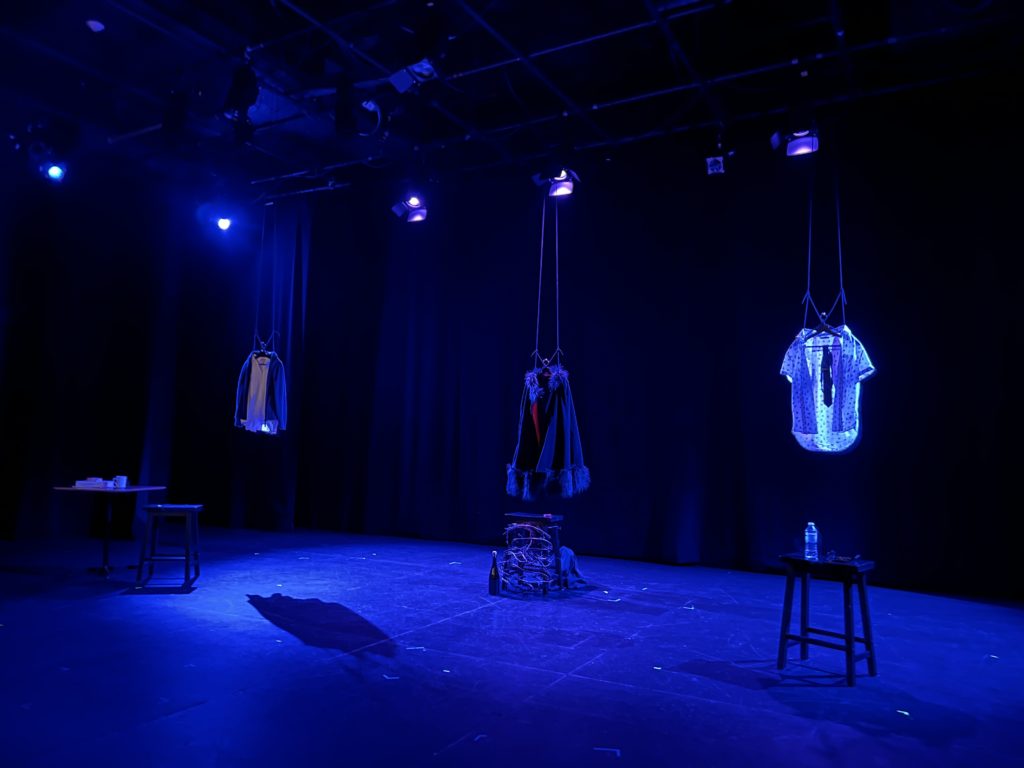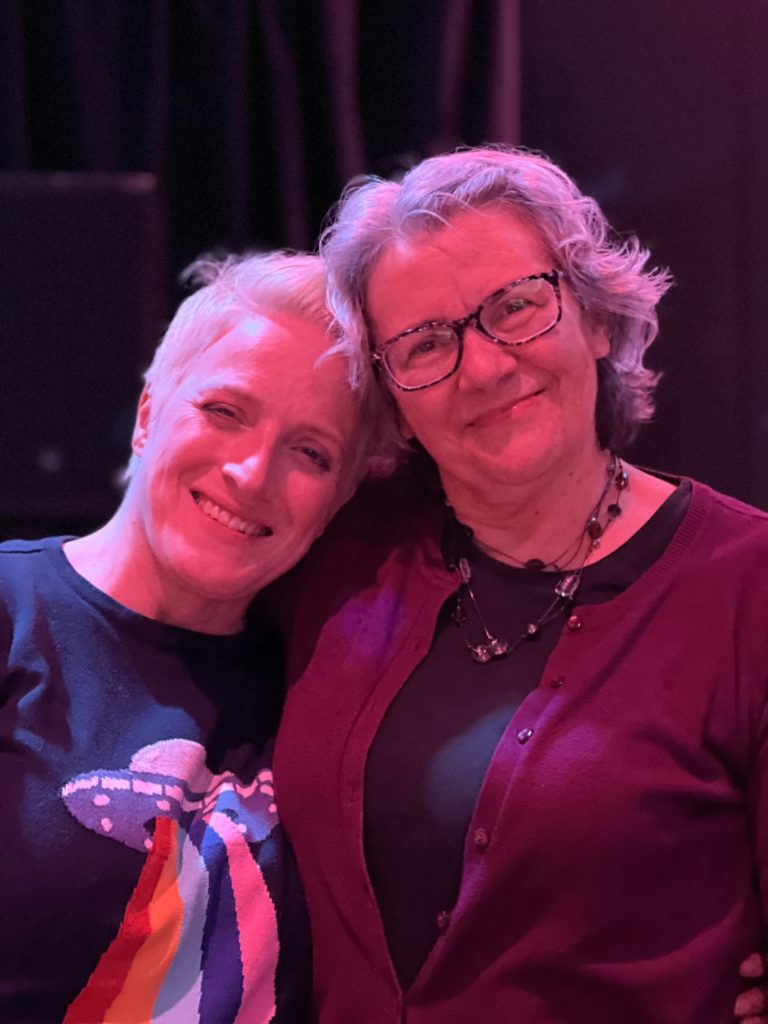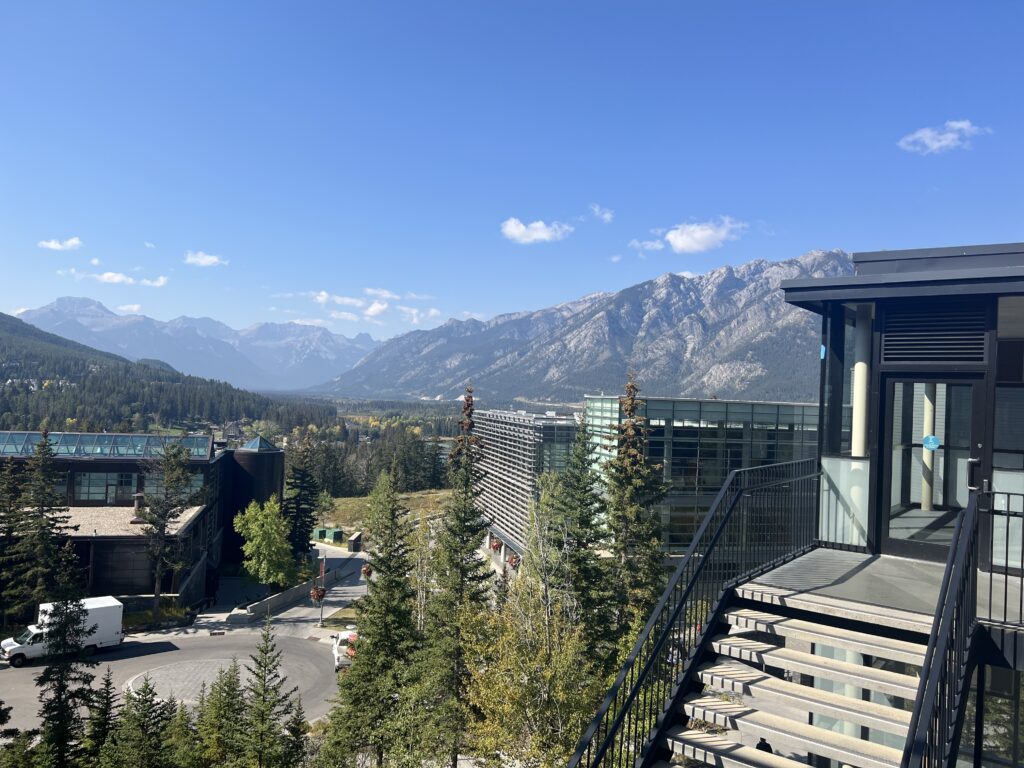
The Banff Centre is a major Canadian institution for the continuing education and professional development of working artists. It’s been around since 1933, and has a huge, futuristic campus just above the town of Banff, in Banff National Park.
It’s gorgeous, of course. I’ve known about it my whole life because I grew up near the parks. For me, the Banff Centre is freighted with huge significance. It plays a big part in Canadian arts circles, but perhaps is less well known than it should be, elsewhere. And since they’ve only recently started offering Science Fiction, Fantasy, and Horror programs, they’re only beginning to make a mark in our SFFH world.
Let’s change that. Here’s what I want you to know about doing a writing residency at Banff.
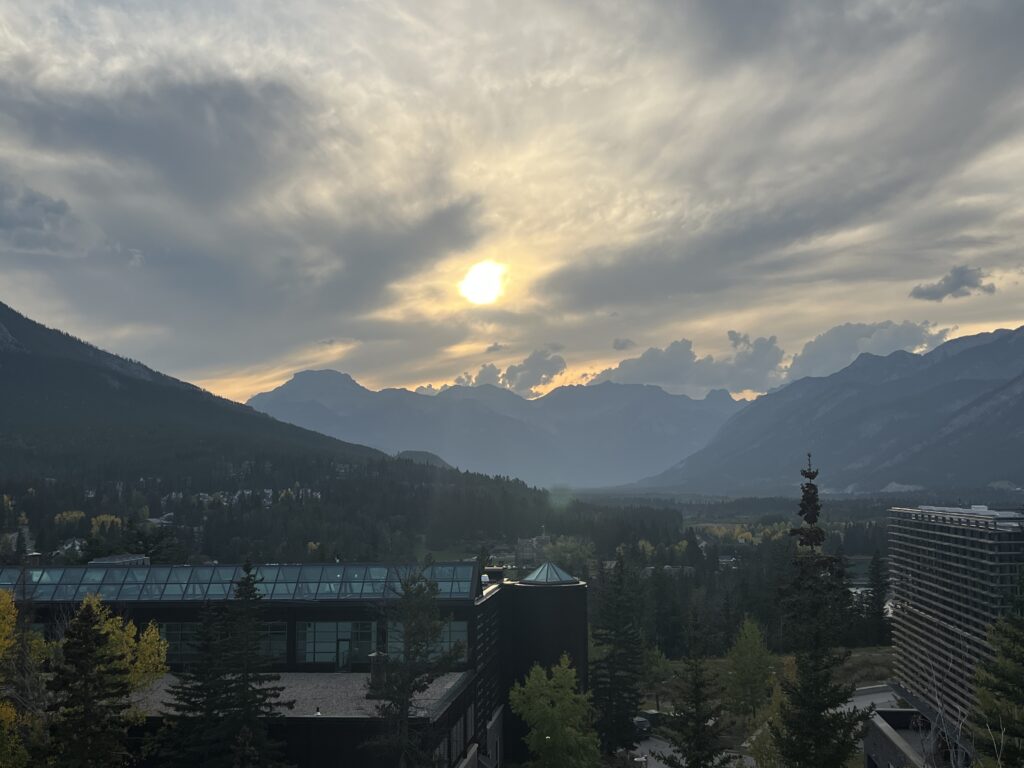
The tl;dr
Go. Apply. It’s amazing. You’ll love it.
The best reason to do this is to meet amazing people. Yes, you focus on your writing and can (if you want) literally do nothing else for two weeks and that’s transformative. But the people are the real reason to go.

What’s a residency?
For two weeks, you’re part of a ~20-person cohort who all work on their own writing, along with three faculty who are accomplished professional writers. The faculty offer mentoring sessions and lectures, and everyone is given the chance to do a public reading.
You’re provided with a private office in Vinci Hall, along with a private hotel room in one of the two accommodations buildings (the Professional Development Centre or Lloyd Hall). Meals are included, and the food is good.
You are completely free to go wherever and do whatever you like. You can write on top of a mountain. You can co-write in the common areas. There’s a lovely library, a gym and pool, and hiking trails in every direction. You don’t even have to write if you don’t want to. You’re free to do as you please.
Residencies are very competitive. Lots of people apply. You should apply.
Literary Arts Programs are listed here. The next program specific to the SFFH world is the Futurisms residency with Joshua Whitehead, Sheree Renee Thomas, and Nalo Hopkinson, which will run in February 2027. Application deadline is August 19, 2026.
Do they offer any other writer programs?
They also offer solo retreats in the Leighton Artist Studios. Also very competitive and prestigious. Right now, though, they’re not taking applications from writers (that particular opportunity opened and closed late last year, but will open again).
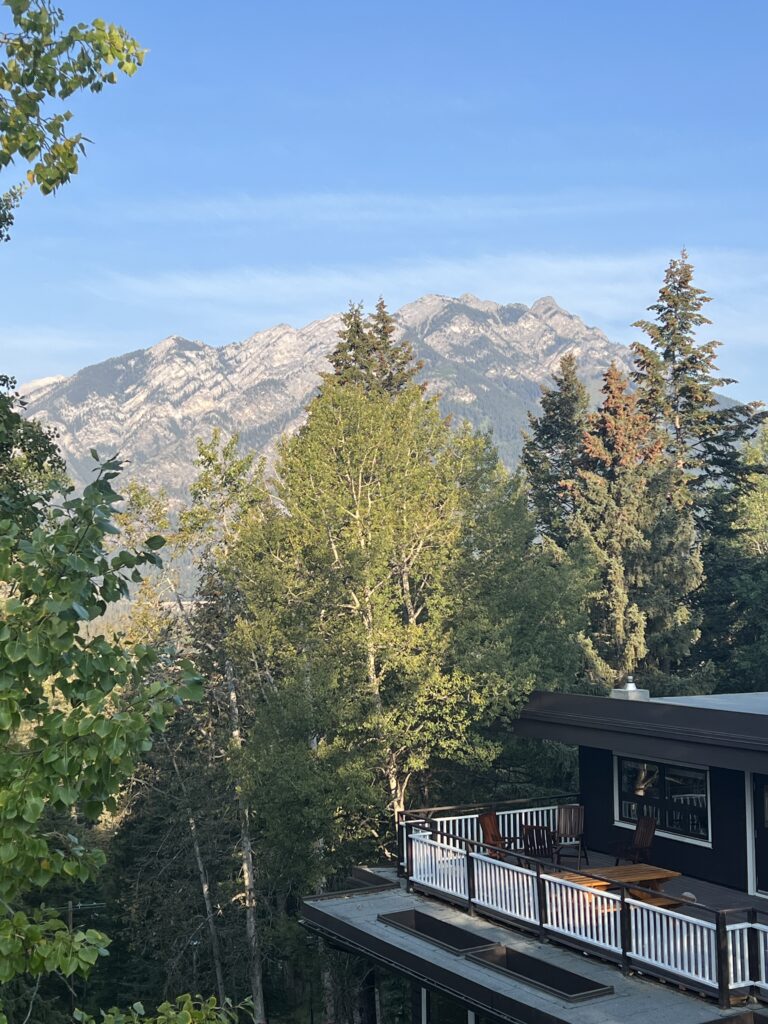
I’m not Canadian, can I go?
Yes! Several of our cohort were American. One was from Thailand (wonderful writer and delightful human Champ Wongsatayanont).
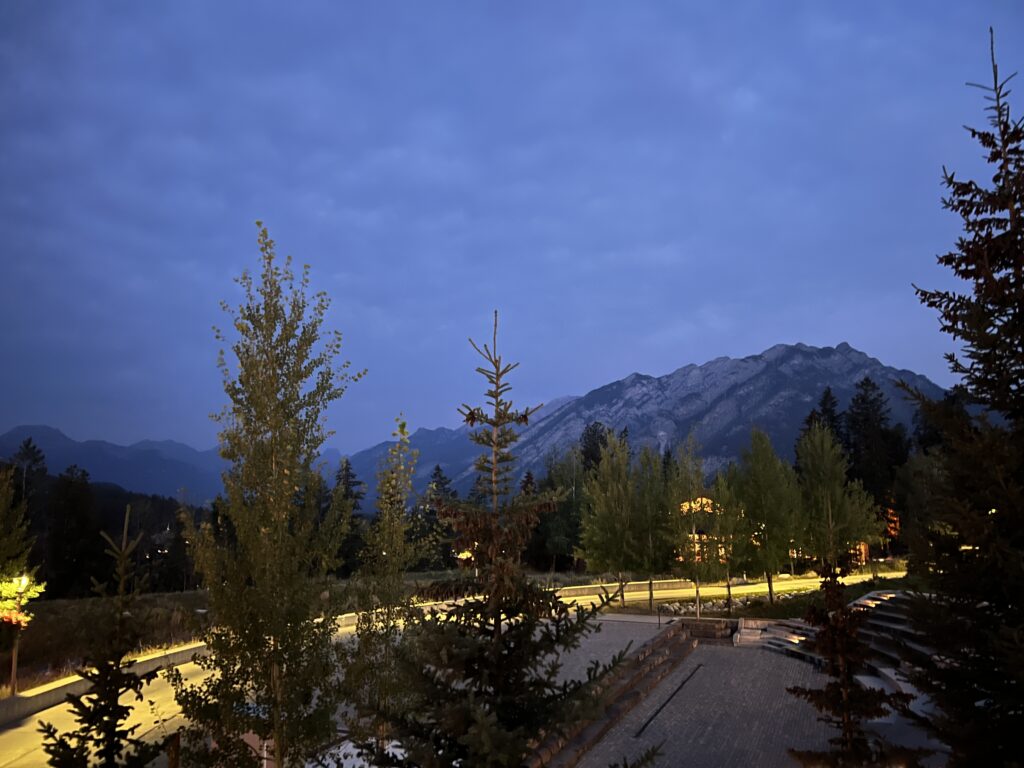
What support is available?
Financial: Many participants are offered scholarships which covers tuition and half of the meal expenses. Canadians can apply to the Canada Council to cover the rest of the expenses, including travel.
Practical: The Literary Arts Program staff are there to help with anything you need, and they’re simply lovely. I needed a different office chair for ergonomic reasons, and they got me one within minutes.
Emotional: The very first thing Derek Beaulieu, Director of Literary Arts, told us is, “You belong here.” He sees participants sinking into imposter syndrome all the time, and wants to make sure that’s put to bed right away. The environment couldn’t be friendlier or more supportive.
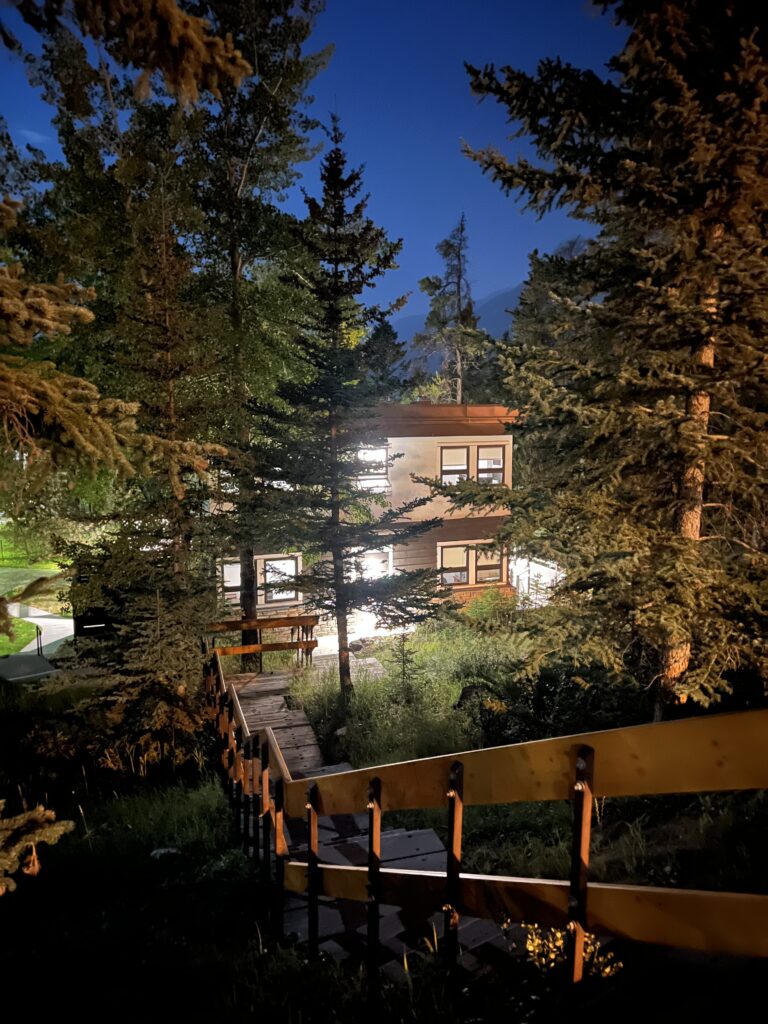
Okay, but what did it FEEL like?
I fell in love with my cohort. They were the most lovely, delightful, emotionally intelligent people every single one, an overwhelming proportion of queer people, and all absolutely fantastic writers. I adore them.
Some of us were worried because the first day was mostly taken up with orientation, and we wanted to get writing, but it was fine and in any case, all activities were optional.
For the first few days, smoke from distant wildfires obscured the spectacular mountain views. Some of us found the altitude challenging, with fatigue, headaches and mild nausea. Drinking lots of water helped.
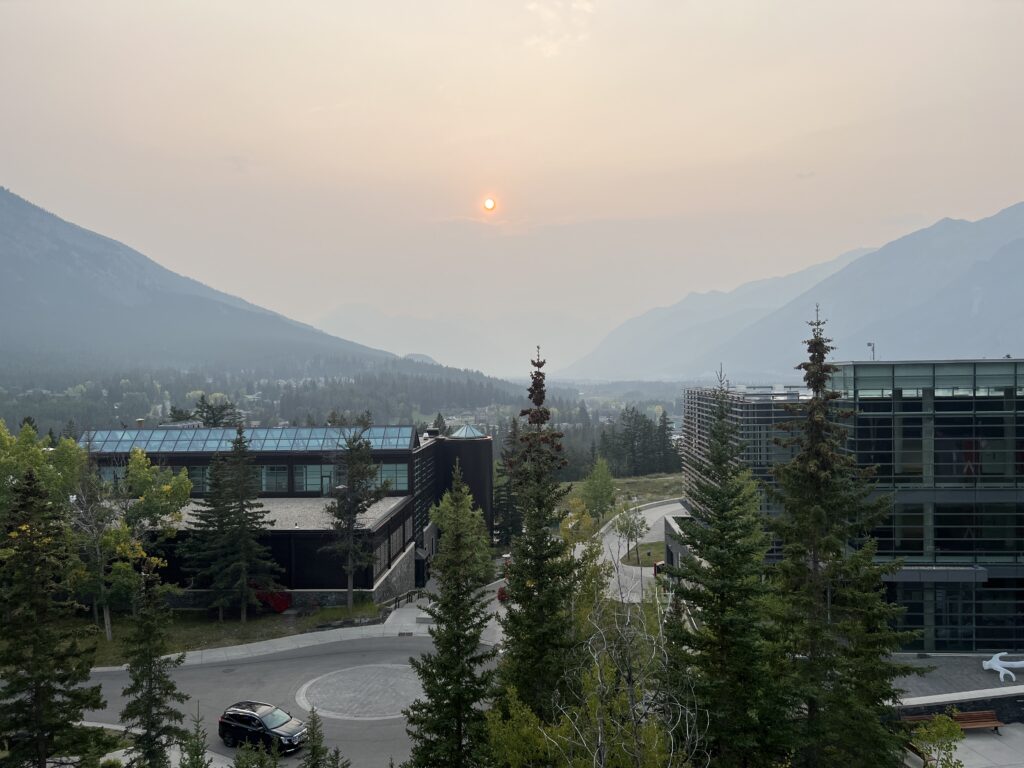
I tended to wake up very early (5AM) and get writing. It was other-worldly walking in the dark from the Professional Development Centre (aka one of the two hotel-like buildings) to Vinci Hall (our offices). Time went by fast because I was so focused on my work, and when I got stuck, I could just go find another writer to talk to. Within minutes my problem was solved.
My office looked out on a little landscape of trees and bushes, and I had a resident chipmunk mooching around out there, along with a pileated woodpecker. Though it was rutting season and one can’t usually get away from elk in Banff, we saw not one elk the entire time. Plenty of deer though.
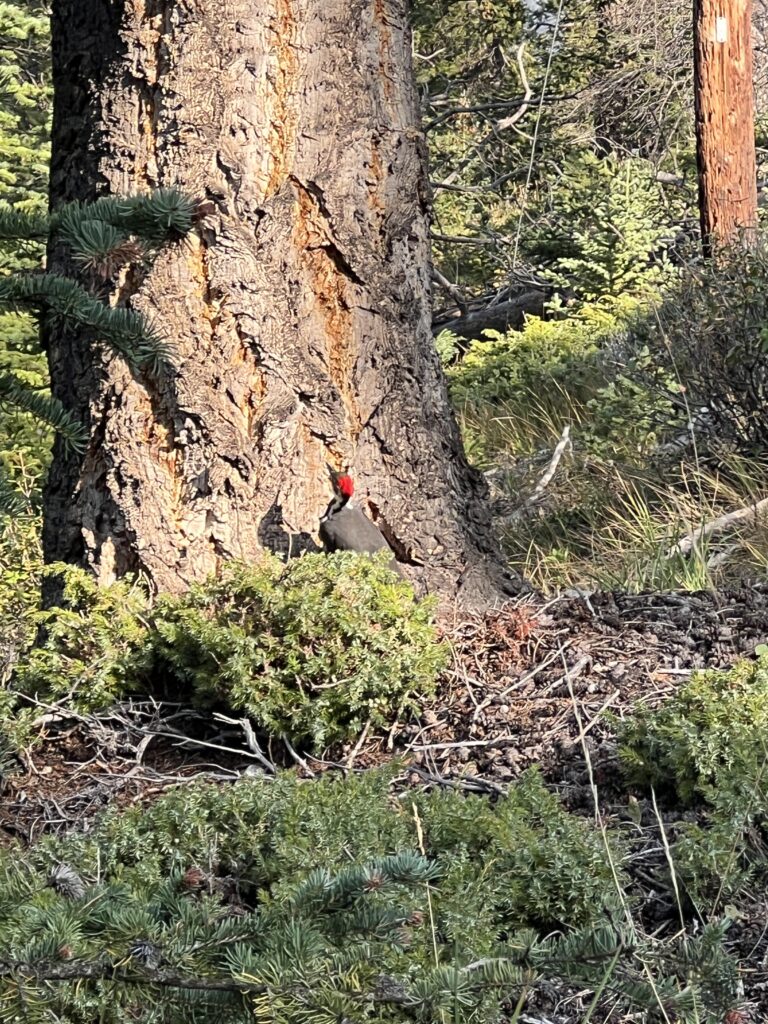
I went to a modern dance performance at the big beautiful theatre uphill from Vinci Hall. Coming out of the performance, a lovely deer was posing outside the front door. The juxtaposition of art, music, a lush performance space, and wildlife was surreal.
The two weeks were productive. I got two-thirds of the way through a first-pass revision of my novel, and was pleased. But my favorite memories are hanging out with my cohort. Lying under the trees in front of Vinci Hall, playing with fallen leaves and chatting with Sasha and Michelle. Walking into town with Champ and investigating the farmer’s market. Goofing around on the public art with Rebecca. Getting essential insight on my chapter 2 from Chinelo.
I actually regret spending so much time working. I should have socialized more, because I can work anytime but I’ll never have those people all together again.
Practical things
Getting there: You fly into Calgary and catch a shuttle at the airport into Banff (takes about 2 hours).
Accommodations: Living quarters are just like a regular nice hotel room. Offices are in a separate building (Vinci Hall). There’s a gym and pool. Apparently the gym has a climbing wall. Spaces to write are everywhere. Everything seems to be wheelchair accessible.
Food: Buffet meals are offered in one location, and bistro-type restaurant/cafe meals in another. All dietary needs catered to.
Coffee/tea: The literary arts offices has a shared kitchenette so writer fuel is in the building. I live on tea so was quite concerned about this.

